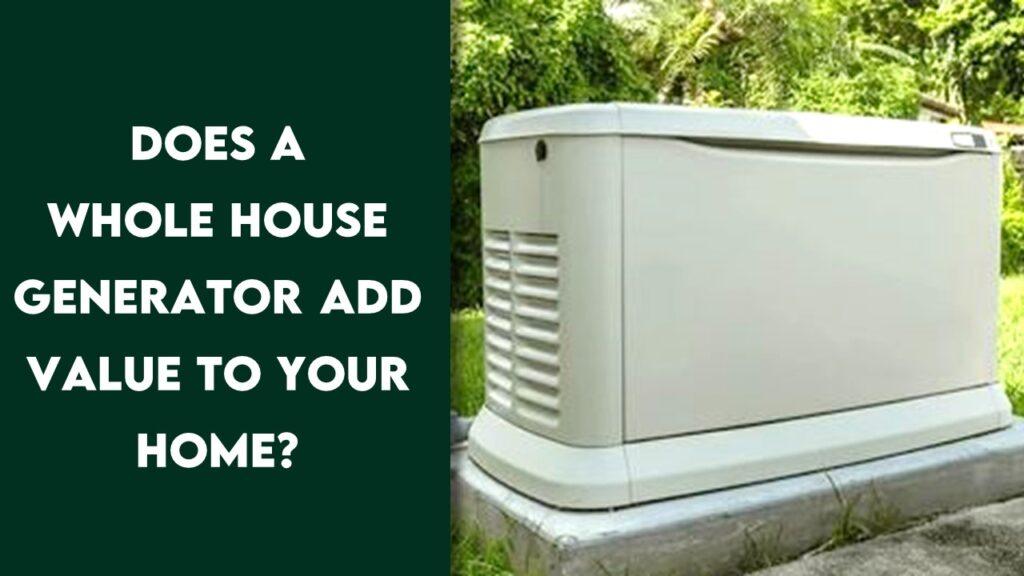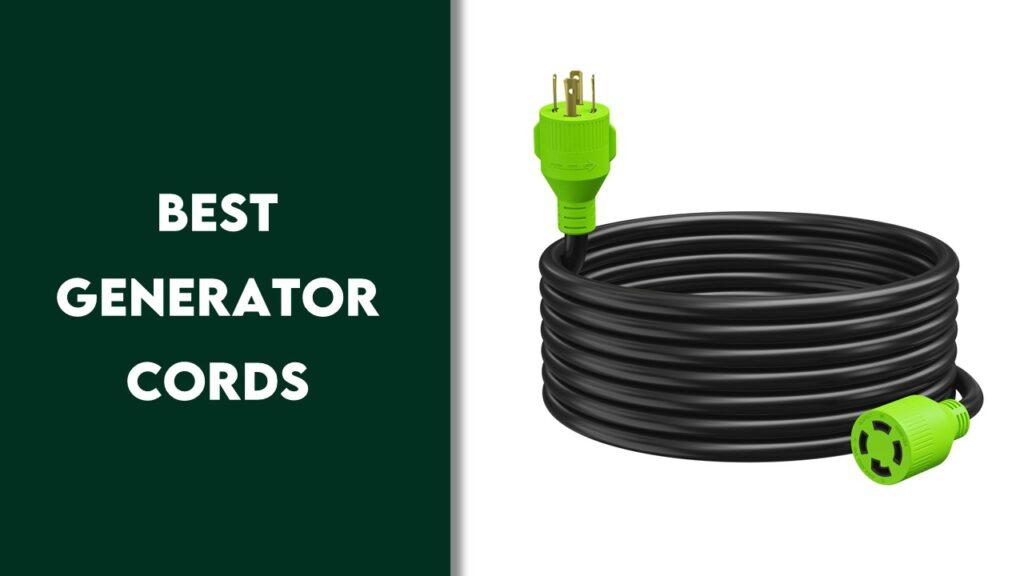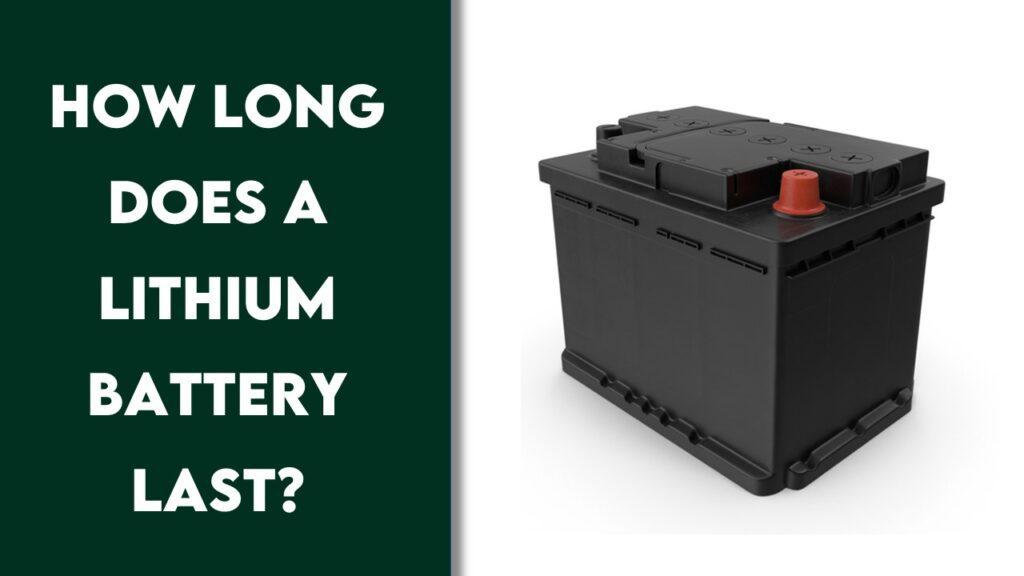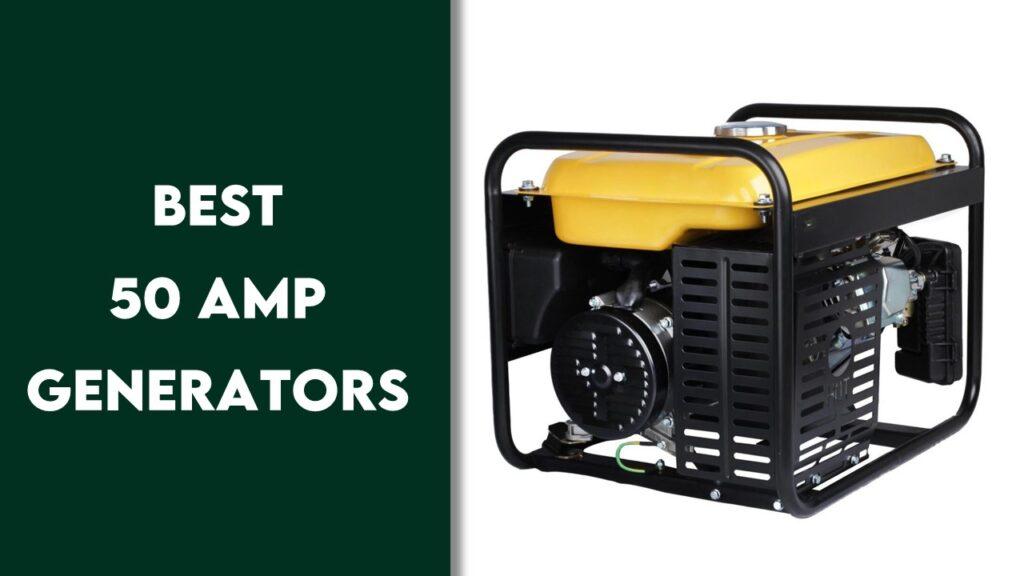
Yes, a whole house generator does add value to your home, and here’s why. In today’s world, where power outages are common, having a reliable backup like a whole house generator can boost your home’s market value by up to 5%. It’s not just a convenience; it’s a smart investment that offers peace of mind, financial benefits, and a higher return when selling your property. Buyers love homes that are prepared for anything, and a whole house generator tells them you’ve thought ahead. If you’re wondering, “Does a whole house generator add value to your home?” The answer is clear. Stay with us as we explore all the reasons why this addition can make a significant difference in both your home’s value and your daily life. Below is a table summarizing what you are going to learn about adding a whole house generator to your home in this article.
| Section | Key Points Covered |
| Understanding Whole-House Generators | Whole-house generators provide seamless, automatic backup power during outages, ensuring uninterrupted operation of home systems. Types include air-cooled, liquid-cooled, standby, inverter generators, and solar inverters. |
| How Whole-House Generators Add Value | Generators can increase home value by 3-5% and offer up to 150% ROI. They also reduce insurance premiums and prevent costly damage during outages. |
| Additional Benefits | Provide safety by maintaining power for critical systems, offer convenience with automatic operation, and are highly durable, lasting up to 30 years. |
| Potential Drawbacks | High initial costs and ongoing maintenance are required. Proper sizing and professional installation are crucial to avoid issues and maintain value. |
| Standby vs. Portable Generators | Standby generators offer clean power, better efficiency, and convenience but are costlier. Portable generators are cheaper but require manual operation and are less reliable for home use. |
| Maximizing ROI Tips | Ensure professional installation, regular maintenance, and consider smart home integration to boost efficiency and appeal to potential buyers. |
| Should You Install a Generator? | Consider factors like local climate, budget, and specific needs. Ideal for homes in outage-prone areas or those requiring reliable power for medical equipment or home value enhancement. |
Understanding Whole-House Generators
A whole-house generator is more than just a backup power source; it’s a reliable safety net for your home. If you’ve ever experienced a power outage, you know how disruptive it can be. Whole-house generators step in automatically to keep your lights, heating, cooling, and other essentials running smoothly. Let’s dive into what exactly a whole-house generator is, the different types available, and how they operate to keep your home powered without a hitch.
What is a Whole-House Generator?
A whole-house generator, also known as a standby generator, is a powerful backup unit that automatically provides electricity to your home during a power outage. Unlike portable generators, which need to be manually started and plugged in, a whole-house generator is permanently installed outside your home, similar to a central air conditioning unit. When the power goes out, the generator detects it and starts up within seconds, providing seamless power without you lifting a finger.
Most whole-house generators run on natural gas or propane, which means you don’t have to worry about refueling them during long outages. These generators are wired directly into your home’s electrical system, ensuring all your essential appliances and devices stay operational, from the refrigerator to the HVAC system. The biggest advantage here is convenience—there’s no need to go outside in bad weather to turn it on or deal with fuel storage.
Types of Whole-House Generators
Whole-house generators come in various types, each suited to different needs and preferences. Here’s a breakdown:
- Air-Cooled vs. Liquid-Cooled Generators: Air-cooled generators are typically more affordable and work well for smaller to medium-sized homes. They use fans to keep the engine cool. Liquid-cooled generators, on the other hand, are more powerful and suitable for larger homes or properties with higher power demands. They use a cooling system similar to a car’s radiator, making them more efficient but also more expensive.
- Standby vs. Inverter Generators: Standby generators are the most common type for whole-house use. They provide a steady stream of power and can run for days if needed. Inverter generators, while typically smaller, offer cleaner power output, making them ideal for sensitive electronics. Some homeowners may opt for a larger inverter generator to avoid potential surges and to power devices that require stable electricity.
- Solar Inverters (Grid-Tie, Off-Grid, Hybrid): Integrating solar inverters with whole-house generators can offer a sustainable backup solution. Grid-tie inverters connect to the utility grid and work in tandem with solar panels, providing power and feeding excess back to the grid. Off-grid inverters are for homes not connected to the utility lines, offering full independence. Hybrid inverters combine both approaches, allowing you to stay connected to the grid while having a battery backup for emergencies.
Adding these different types of generators and inverters into your home setup can provide flexibility, sustainability, and enhanced energy management.
Understanding the ins and outs of whole-house generators is crucial for making an informed decision. Knowing what these generators are and the various types available helps you choose the one that best suits your needs, whether it’s for power stability, energy efficiency, or cost-effectiveness. Up next, let’s look at how investing in a whole-house generator can add real value to your home and make it more appealing to potential buyers.
Recommended Guide: Top 5 Generators for Emergency Home Backup Power.
How Whole-House Generators Add Value to Your Home
Installing a whole-house generator isn’t just about convenience during power outages; it’s also about adding significant value to your property. From increasing market appeal to saving money on insurance, the benefits are many. Let’s explore how a whole-house generator can make your home more valuable and desirable in the real estate market.
Increased Property Value and Market Appeal
Studies and real estate trends show that a whole-house generator can increase a home’s value by 3-5%. This isn’t just a small bump; it can make a difference when selling your home. Potential buyers, especially those in areas with frequent power outages or extreme weather, see a generator as a big bonus. They know they won’t have to worry about power loss, which adds to the appeal and peace of mind. When your home is equipped with a standby generator, it stands out in a competitive market, making it more likely to attract offers.
Financial Return on Investment (ROI)
The financial benefits of a whole-house generator extend beyond just increased home value. Surveys and studies have shown that installing a standby generator can provide up to a 150% return on investment (ROI). For example, if you spend $10,000 on a generator, you could see your home’s value rise by $15,000. Timing is also crucial. Installing a generator before selling your home can maximize ROI, as potential buyers often prefer homes with modern, functional upgrades already in place.
Insurance Savings and Cost Benefits
Beyond property value and ROI, there are also cost benefits to consider. Having a whole-house generator can reduce your homeowner’s insurance premiums by 5-10%. This is because generators reduce the risk of damages that can occur during power outages, such as burst pipes, spoiled food, or sump pump failures. Insurance companies often reward these preventive measures because they lower the likelihood of filing a claim. Additionally, by preventing these kinds of damages, you avoid costly repairs and replacements, saving money in the long run.
Investing in a whole-house generator goes beyond just keeping the lights on during an outage. It enhances your property’s value, offers a solid return on investment, and brings significant savings on insurance costs. Now that you understand the financial and market benefits, let’s explore more about the differences between standby and portable generators and how to maximize your generator investment.
Additional Benefits of Installing a Whole-House Generator
Having a whole-house generator offers more than just a financial return. It’s about enhancing your home’s safety, comfort, and overall resilience during unexpected power outages. Let’s delve into the added benefits that make these generators a worthwhile investment for any homeowner.
Safety and Peace of Mind
Power outages can be more than just inconvenient—they can be life-threatening if you rely on electricity for critical needs. Whole-house generators are especially valuable for maintaining power for medical equipment like oxygen machines, CPAP devices, or refrigerated medications. They also ensure your HVAC systems keep running, which is crucial for preventing extreme temperatures inside the home, and your security systems stay active, safeguarding your home during a blackout.
The automatic start feature of standby generators adds an extra layer of security and peace of mind. As soon as the power goes out, the generator kicks in without any manual intervention. This means you don’t have to fumble in the dark, worry about tripping a breaker, or brave a storm to turn on a backup power source. This seamless transition not only protects your home but also provides a sense of security that’s hard to put a price on.
Convenience and Comfort During Outages
One of the standout benefits of whole-house generators is their convenience. Unlike portable generators that need manual setup and refueling, whole-house generators are permanently installed and connected to a continuous fuel source like natural gas or propane. This means no scrambling for fuel during a storm or running out in extreme weather to get your generator started. You stay comfortable inside while your generator does all the work.
Moreover, whole-house generators deliver clean power—with less than 5% harmonic distortion—which is essential for protecting sensitive electronics like computers, smartphones, and smart home devices. Clean power ensures these devices run smoothly without risking damage from power fluctuations, offering you peace of mind that your home electronics are safe.
Durability and Longevity
Whole-house generators are built to last. Many models have a lifespan of up to 30 years, making them a long-term investment for your home’s safety and value. Their durability far surpasses that of portable generators, which often have a shorter lifespan and require more frequent replacement. The reliability of these generators means they are ready to perform whenever an outage occurs, without the wear and tear issues that can affect smaller, less robust models.
Because they are professionally installed and permanently connected to a fuel source, whole-house generators face less strain than portable options, which enhances their longevity and reliability. This durability also means less frequent repairs and replacements, saving you time, money, and hassle over the years.
The benefits of whole-house generators go beyond just financial gains. Their ability to provide safety, convenience, clean power, and long-term durability makes them a smart addition to any home. Next, we’ll cover some potential drawbacks to keep in mind, helping you make a well-rounded decision about whether a whole-house generator is right for you.
Potential Drawbacks of Whole-House Generators
While whole-house generators offer many advantages, it’s essential to consider the potential downsides before making a purchase. Let’s explore some of the challenges, including the initial investment and ongoing maintenance needs, so you have a full picture of what owning one involves.
High Initial Investment and Installation Costs
One of the most significant drawbacks of whole-house generators is the high upfront cost. Purchasing a whole-house generator, particularly a liquid-cooled model for larger homes, can be quite expensive. In addition to the cost of the generator itself, professional installation is required to ensure it’s correctly wired into your home’s electrical system and compliant with local codes. This installation can add thousands of dollars to the overall expense.
Costs vary depending on the type of generator. Air-cooled generators are generally more affordable, making them suitable for smaller homes or moderate power needs. Liquid-cooled generators, however, are more efficient and reliable for larger homes but come at a higher price. When considering these costs, it’s crucial to factor in not just the purchase price but also installation, potential permits, and any necessary electrical upgrades.
Maintenance and Depreciation Over Time
Like any significant home investment, a whole-house generator requires regular maintenance to keep it running smoothly. Annual check-ups are typically necessary to ensure the generator starts up properly when needed and that all parts are in good working condition. This maintenance can include oil changes, filter replacements, and inspections of electrical connections, which add to the ongoing costs.
Over time, all equipment depreciates, and whole-house generators are no exception. Their value decreases, especially if not properly maintained. A poorly maintained generator may not work efficiently or could even fail during an outage, leading to costly repairs. To maintain a high ROI, it’s advisable to set up a maintenance schedule and keep detailed records. This ensures the generator remains in peak condition, maximizing its value both for you and potential future buyers.
While there are undeniable benefits to having a whole-house generator, it’s important to weigh these against the costs and maintenance involved. Understanding both the advantages and potential drawbacks will help you make an informed decision. Up next, we’ll look at how whole-house generators compare to portable ones and some tips for maximizing your return on investment.
Standby Generators vs Portable Generators
When considering a backup power solution, homeowners often face the choice between standby generators and portable generators. Each type has its unique features, benefits, and drawbacks. To help you decide which is best for your home, here’s a detailed comparison table that highlights key differences between standby and portable generators:
| Feature | Standby Generators | Portable Generators |
| Movability | Permanently installed outside the home, providing automatic backup power during outages. | Movable and transportable, can be used in multiple locations, great for camping or outdoor activities. |
| Clean Power | Provides clean power with less than 5% Total Harmonic Distortion (THD), ideal for sensitive electronics. | Not all portable generators produce clean power; may not be safe for sensitive electronics like laptops. |
| Noise | Generally quieter, especially liquid-cooled models; designed for residential use with minimal noise disturbance. | Often noisy and can be disruptive in a residential setting, especially if used for extended periods. |
| Efficiency | More fuel-efficient, with larger capacity and direct connection to natural gas or propane, reducing refueling needs. | Less efficient; limited fuel capacity and often requires regular refueling, which can be cumbersome. |
| Cost | High initial cost but offers higher return on investment (ROI) by adding value to the home. | More budget-friendly upfront but provides little to no ROI when it comes to increasing property value. |
| Convenience | Offers seamless power without manual intervention; automatically starts and stops during outages. | Requires manual operation, setup, and refueling; less convenient during emergencies or bad weather. |
Choosing between a standby generator and a portable one depends on your specific needs, budget, and long-term goals. Standby generators are ideal for those seeking a reliable, long-term power solution that adds value to their home, while portable generators may be better for temporary use or as a budget-friendly option.
Tips to Maximize Your ROI with the Standby Generator
Installing a standby generator is a significant investment, and getting the most out of it requires careful planning and maintenance. Here are some expert tips to help you maximize your return on investment (ROI) and ensure your generator serves you well for years to come.
Professional Installation and Proper Sizing
A professional installation is key to maximizing the efficiency and longevity of your standby generator. Hiring licensed professionals ensures that the installation is done correctly, adhering to all local codes and safety standards. A poor installation can lead to frequent breakdowns or inefficient operation, which can significantly reduce your ROI.
Choosing the right generator size and capacity is equally important. The size of the generator should match your home’s power needs. For example, larger homes with high energy demands may require a more powerful, liquid-cooled generator, while smaller homes may do well with an air-cooled model. Your geographic location and the likelihood of frequent outages should also be considered. Consulting with a professional can help you select the best generator to meet your needs without overspending.
Regular Maintenance and Documentation
To ensure optimal performance and longevity, it’s crucial to set up a regular maintenance plan for your standby generator. This includes routine oil changes, filter replacements, and inspections to ensure all parts are functioning correctly. A well-maintained generator is not only more reliable but also retains its value better over time.
Keeping a record of all service and maintenance can be beneficial, especially when selling your home. Potential buyers will appreciate seeing a well-documented history of care, which can help in negotiations and increase buyer confidence. A generator in top condition, backed by proper documentation, is a strong selling point that can enhance the overall appeal of your property.
Smart Home Integration and Additional Features
Integrating your standby generator with smart home systems can further enhance its functionality and appeal. Smart home integration allows you to monitor and control the generator remotely, receive maintenance alerts, and manage fuel consumption more efficiently. This feature adds convenience and can be a significant selling point for tech-savvy buyers.
Consider adding a fuel storage tank or a backup battery system for extended outages. This addition can provide extra security and peace of mind during long-term power losses, particularly in areas prone to severe weather. These upgrades not only increase the generator’s utility but also its value, making your home more attractive to potential buyers who prioritize preparedness.
Maximizing your ROI with a standby generator is all about smart planning, proper installation, regular maintenance, and thoughtful upgrades. By following these tips, you can ensure that your investment pays off in terms of reliability, convenience, and added home value. Up next, let’s wrap up everything you need to know about choosing the right generator for your home.
Should You Install a Whole-House Generator?
Deciding whether to install a whole-house generator depends on several important factors. It’s not just about having backup power; it’s about making a smart investment that fits your specific needs. Let’s look at what you need to consider before making this big decision and who benefits the most from such an investment.
Factors to Consider Before Installing
When considering a whole-house generator, local climate plays a significant role. If you live in an area prone to hurricanes, snowstorms, or frequent power outages, a generator can be a lifesaver. Budget is another crucial factor; whole-house generators are a significant upfront investment, including purchase and installation costs. Think about your specific household needs—if you have critical appliances, medical equipment, or work from home, uninterrupted power becomes even more essential.
It’s also wise to compare this investment with other home improvement projects. While generators offer a solid ROI, other upgrades, like kitchen remodels or energy-efficient windows, might provide a similar or better return. Prioritizing based on immediate needs, potential ROI, and future home value is key.
Who Benefits the Most from a Whole-House Generator?
A whole-house generator isn’t for everyone, but certain households can greatly benefit. Families in rural areas where power outages are frequent and extended due to slower grid repair times will find them particularly useful. Homes with essential medical equipment or elderly residents also need reliable backup power for safety. Additionally, homeowners looking to boost property value in competitive markets or areas with frequent outages can attract buyers by installing a generator.
In these cases, a whole-house generator isn’t just a convenience—it’s a necessity. Understanding who benefits the most can help you determine if this investment aligns with your family’s needs and long-term goals.
Wrapping It Up!
Installing a whole-house generator can be a valuable investment, especially in areas prone to power outages or for families needing constant power for medical or work reasons. By providing safety, convenience, and increased property value, these generators offer benefits that go beyond the initial cost.
However, weighing the pros and cons is crucial. Consider factors like your local climate, budget, and specific needs before making the decision. Compare this investment to other home upgrades that might provide similar benefits.
Ultimately, a whole-house generator offers peace of mind and practicality, making it a wise choice for many homeowners. Whether you aim to enhance your home’s value or ensure reliable power during emergencies, this guide provides all the information you need to make an informed choice.
Related FAQs
How Much Does It Cost To Install A Whole House Generator?
The cost to install a whole house generator can range from $5,000 to $15,000, depending on size and installation complexity.
How Often Should A Whole House Generator Be Serviced?
A whole house generator should be serviced at least once a year to ensure it operates efficiently and reliably.
Can A Whole House Generator Run On Solar Power?
Yes, some whole house generators can integrate with solar power systems using hybrid inverters for a sustainable solution.
Do Whole House Generators Increase Home Insurance Premiums?
No, whole house generators can actually lower home insurance premiums by reducing risks associated with power outages.
What Is The Lifespan Of A Whole House Generator?
The lifespan of a whole house generator is typically 20 to 30 years with proper maintenance and care.
At our core, we’re a group of passionate generator, inverter, solar energy, battery enthusiasts. We dive deep into the world of tech, especially when it’s about powering your home, RV or outdoors. We try to provide as much value to the readers with our information and how to blog articles as possible. For affiliate articles our honest and transparent reviews of essential tech products are rooted in real-world experience. We take great satisfaction in offering unbiased evaluations, ensuring that you can make informed decisions when investing in your desired techs.




